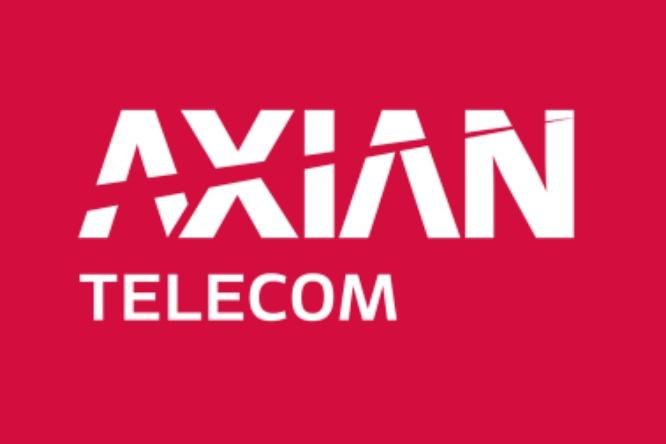Kenya’s Treasury plans to sell a 65% stake in Kenya Pipeline via IPO, to boost state privatization and attracting private sector investment.
This initiative aligns with President William Ruto’s economic reform agenda, which seeks to reduce direct state involvement in commercial businesses while enhancing efficiency, transparency, and innovation in strategic sectors. The planned KPC IPO will mark the first major public listing of a state corporation on the Nairobi Securities Exchange (NSE) in nearly twenty years.
Treasury Cabinet Secretary Njuguna Ndung’u stated that the sale is expected to draw both local and international investors, raise billions in revenue, and reposition KPC as a dynamic, commercially-driven leader in regional energy infrastructure.
“This IPO is a strategic opportunity to bring in private capital, improve corporate governance, and enhance service delivery in a company that plays a central role in our energy sector,” said Ndung’u.
The government will retain a 35 percent minority stake in KPC to ensure continued oversight on matters of national security and critical infrastructure management.
Kenya Pipeline’s Regional Significance
Founded in 1973, KPC is responsible for transporting, storing, and distributing petroleum products throughout Kenya and neighboring countries, including Uganda, Rwanda, and South Sudan. The company’s extensive pipeline network and storage depots are vital links in the regional fuel supply chain.
While KPC’s revenues have remained steady, the company has faced challenges related to inefficiency, legacy debt, and governance. By partially privatizing KPC, the government aims to inject new capital and operational expertise, modernizing infrastructure and expanding capacity to meet rising energy demand in East Africa.
Revitalizing the Nairobi Securities Exchange
The KPC listing is also poised to reinvigorate the Nairobi Securities Exchange, which has experienced a slowdown in new listings over the past decade. Market observers see the IPO as a potential catalyst for renewed investor activity and a signal of Kenya’s commitment to market-oriented reforms.
Treasury has earmarked at least 11 additional state enterprises for privatization in the coming months, including Kenya Ports Authority, Kenya Meat Commission, and select assets under Kenya Electricity Generating Company (KenGen). The KPC IPO is regarded as a flagship transaction within this reform program.
The IPO process will commence following key regulatory approvals, including comprehensive valuation, stakeholder engagement, and compliance with Capital Markets Authority (CMA) listing requirements. The Treasury is working with transaction advisers to ensure the offering maximizes value while protecting public interests.
If market conditions are favorable, the KPC listing could take place as early as 2026. As Kenya pursues economic recovery and seeks to boost both domestic and foreign investment, the partial privatization of Kenya Pipeline is viewed as a pivotal step in public sector reform and capital market renewal, with broad implications for the country’s economic future.



